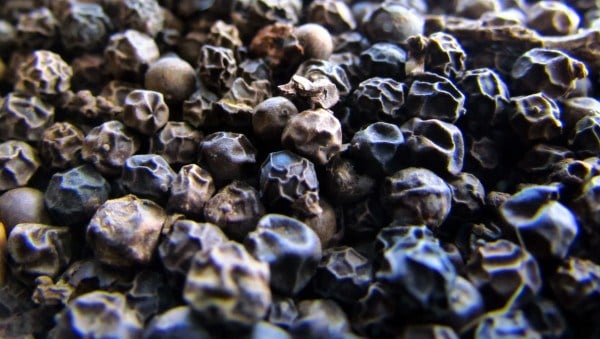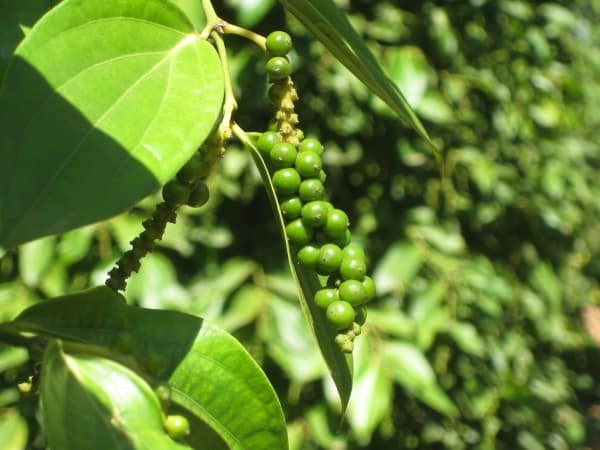For those of us who like it hot, breathing flames from the mouth and feeling beads of sweat on the forehead are a regular meal-time occurrence. It’s common knowledge that a bowl of chili can fix many things, and cultures have used spice to both warm up and cool down for centuries. But what does modern science say about our taste for the spicy? Can chilies, black pepper, and even curry make us live longer, better lives? Of course they can.
#1. Chili protects your stomach lining

For the aspirin users among us, one of your bigger concerns should be aspirin’s ability to essentially burn a hole through your stomach. Studies show that, counter-intuitively, chasing your aspirin habit with a lot of fiery chilies lowers your risk of gastrointestinal injury.
#2. Chili makes cancer cells commit suicide

There’s been a lot of buzz about chili’s role in the battle against cancer, indeed, studies suggest that the active compounds in what makes chili so spicy may actually cause cancer cells to undergo apoptosis — self-induced cell death.
#3. Chili reduces insulin resistance in the body

Insulin resistance, which is when your body stops turning glucose into energy by way of insulin, is one of the more dangerous symptoms of type-2 diabetes. Surprisingly, patients with regular chili consumption show lower post-meal insulin resistance, possibly slowing the effects of diabetes.
#4. Chili helps your body fight oxidation

High in vitamin C and lycopene, chili is a great source of effective (and essential) antioxidants. Too much oxidation from pollution and bad food choices leads to an aggravation of most preventable diseases — antioxidants can help slow, and even reverse the process.
#5. Black pepper fights fat

Studies in rats showed that supplementing a high-fat diet with lots of black pepper reduces the oxidative stress that too much fat can have on cells. Although it doesn’t beat a change in diet, black pepper (and other spices) boost your metabolism, and help suppress appetite.
#6. Black pepper helps you better absorb plant compounds

Piperine, the active compound in black pepper, makes it easier for your body to absorb beneficial plant compounds and therapeutic drugs, by positively affecting the liver and the lining of the small intestine.
#7. Black pepper is an anti-bacterial

Black pepper exhibited 75% bactericidal activity against 172 bacterial isolates. That’s higher than the antibacterial activity in bay leaves and aniseed, and goes hand-in-hand with black pepper’s ability to improve your gastrointestinal health.
#8. Black pepper is a strong antioxidant

Studies show that concentrated black pepper extracts exhibit stronger antioxidant properties than most standard antioxidants, almost entirely preventing the oxidation of vital fatty acids, such as linoleic acid.
#9. Curry contains an anti-cancer compound

Curcumin, the active compound turmeric root (which is found in most curry dishes), inhibits tumor cells in the stomach, skin, intestine and liver of mice. Its anti-tumor properties were tested in humans, with evidence of anti-tumor activity and no levels of toxicity.
#10. Curry inhibits inflammation

Curcumin also shows promise as an anti-inflammatory because of its antioxidant properties. Because of that, turmeric and curry have a reputation for helping alleviate arthritic pain, among other things.

